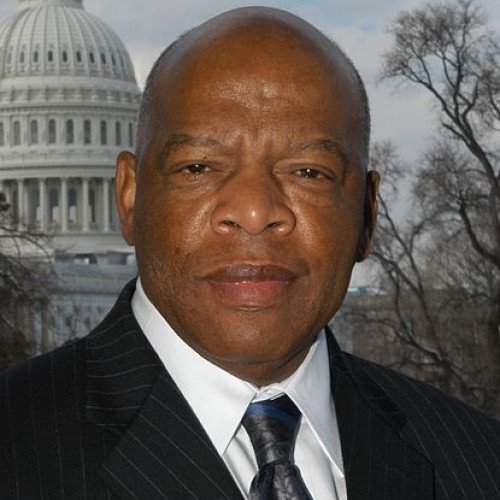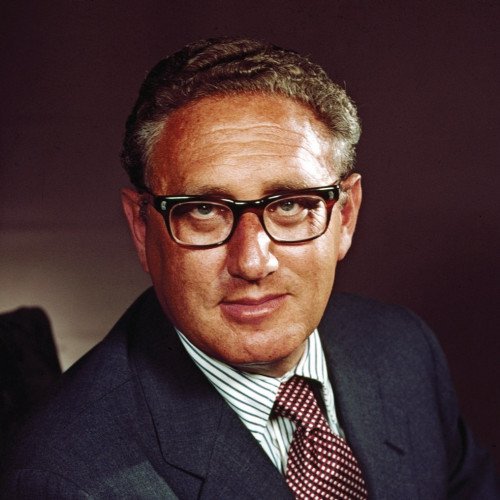John Lewis VS Henry Kissinger

John Lewis
John Robert Lewis (February 21, 1940 – July 17, 2020) was an American politician, statesman, and civil rights activist and leader who served in the United States House of Representatives for Georgia's 5th congressional district from 1987 until his death in 2020. He was the chairman of the Student Nonviolent Coordinating Committee (SNCC) from 1963 to 1966. Lewis was one of the "Big Six" leaders of groups who organized the 1963 March on Washington. He fulfilled many key roles in the civil rights movement and its actions to end legalized racial segregation in the United States. In 1965, Lewis led the first of three Selma to Montgomery marches across the Edmund Pettus Bridge. In an incident which became known as Bloody Sunday, state troopers and police attacked the marchers, including Lewis. A member of the Democratic Party, Lewis was first elected to Congress in 1986 and served 17 terms in the U.S. House of Representatives. The district he represented included most of Atlanta. Due to his length of service, he became the dean of the Georgia congressional delegation. While in the House, Lewis was one of the leaders of the Democratic Party, serving from 1991 as a Chief Deputy Whip and from 2003 as a Senior Chief Deputy Whip. John Lewis received many honorary degrees and awards, including the Presidential Medal of Freedom. Lewis also stood up for the injustice of other communities, including the Jewish community. In the wake of the 2014 Overland Park Jewish Community Center shooting Lewis stated: "It is deeply tragic that such senseless brutality should occur on the eve of Passover, the time when Jews all over the world remember their liberation from slavery in Egypt thousands of years ago." Lewis was called a “hero,” a “mensch” and “a special gift to the Jewish community” by those who knew and interacted with him.
Statistics for this Xoptio

Henry Kissinger
Henry Alfred Kissinger (; German: [ˈkɪsɪŋɐ]; born Heinz Alfred Kissinger; May 27, 1923) is an American politician, diplomat, and geopolitical consultant who served as United States Secretary of State and National Security Advisor under the presidential administrations of Richard Nixon and Gerald Ford. A Jewish refugee who fled Nazi Germany with his family in 1938, he became National Security Advisor in 1969 and U.S. Secretary of State in 1973. For his actions negotiating a ceasefire in Vietnam, Kissinger received the 1973 Nobel Peace Prize under controversial circumstances, with two members of the committee resigning in protest.A practitioner of Realpolitik, Kissinger played a prominent role in United States foreign policy between 1969 and 1977. During this period, he pioneered the policy of détente with the Soviet Union, orchestrated the opening of relations with China, engaged in what became known as shuttle diplomacy in the Middle East to end the Yom Kippur War, and negotiated the Paris Peace Accords, ending American involvement in the Vietnam War. Kissinger has also been associated with such controversial policies as U.S. involvement in the 1973 Chilean military coup, a "green light" to Argentina's military junta for their Dirty War, and U.S. support for Pakistan during the Bangladesh War despite the genocide being perpetrated by his allies. After leaving government, he formed Kissinger Associates, an international geopolitical consulting firm. Kissinger has written over a dozen books on diplomatic history and international relations. Kissinger remains a controversial and polarizing figure in U.S. politics, both condemned as an alleged war criminal by many journalists, political activists, and human rights lawyers, and venerated as a highly effective U.S. Secretary of State by many prominent international relations scholars.